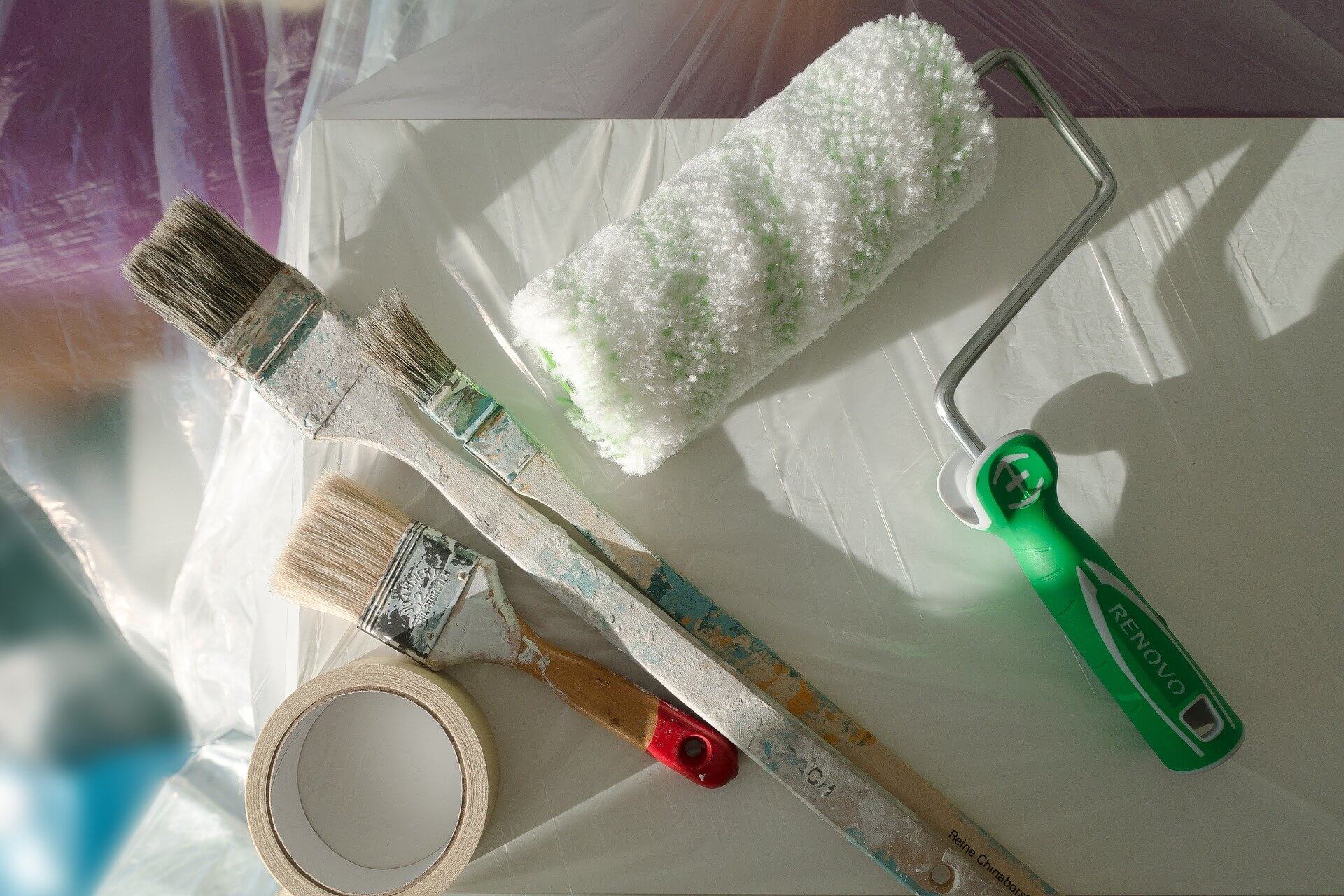Top tips for renting out your home
If you're thinking about letting out your home there are a number of important factors to consider before putting it up for rent. We’ve put these tips together to ensure you understand your responsibilities as a landlord, know how to protect your property, and keep your tenants happy; dealing with any issues that may arise.
Do your research
First things first, get to know your market. Take a look at similar homes to yours in the same area and find out how much they are being let for per month. If your rent is set too high, or too low, prospective tenants will steer clear.
Think about your target demographic and consider who your property would be suitable for - young families, students, single professionals? A letting agent may be able to help advise with this. Once you’ve done your homework, set a competitive price and aim to keep it filled at all times to minimise rental voids.
Prepare your property
Before you make your property available to rent, you’ll need to decide whether to let the house as furnished or unfurnished. Personal belongings or items of value should be removed from the property, and be sure to clear out anything that is old and tired, not fit for purpose or an ‘acquired taste’.
A property that offers a blank canvas is often more appealing to prospective tenants. Neutral colours will allow renters to picture themselves living in the space, and will also make the property easy to maintain at each check-in/check-out. And don’t forget the exterior of the house—general sprucing of outdoor spaces will make the property more attractive to renters.
Think about hiring professionals to give your home a deep clean. Professional cleaners will scrub everything from the windows to the oven—they’ll even get down behind radiators.
Make copies of any keys that a tenant may need for windows and doors, or for gas and electricity meters. It’s also a good idea to dig out instruction manuals for the boiler, alarm system, cooker and any white goods, so the tenant has them to hand as soon as they move in.
Sort out the insurance
It is very important that your current buildings and contents insurer is made aware of your intention to let your property, as your policy will probably need to be amended.
Consider arranging landlord insurance, which will cover any financial losses connected with your rental property. Whilst landlord insurance isn’t a legal requirement, it is advisable as the policy will protect the building, your tenants and your investment. Some policies will also pay out if your tenant misses their rent payments.

Know your responsibilities
The decision to rent your home will mean that you go from being a home-owner and occupier to a landlord, and with your new status, comes great responsibility.
In the first instance, check that your mortgage allows you to let out your property, as some agreements contain caveats to prevent homes from being rented. If you are unsure, speak to your mortgage lender and they will be able to advise you accordingly.
Being a landlord is a 24/7 job, so be prepared to receive calls from your tenant at any time during the day or night, as many issues will need immediate attention (such as a gas leak, or broken boiler for example). You will be accountable for all repairs and maintenance and taking care of refurbishment of the interior and exterior of the property when required.
Learn the legal stuff
When it comes to being a landlord, there are more regulations to comply with than you can shake a stick at. To put it into perspective, there are currently around 145 laws that landlords need to adhere to when letting a property.
Landlords are expected to carry out credit checks, take and protect deposits, have all essential paperwork in place and ensure the property is fit for habitation and safe for your tenant—that’s just for starters.
The safety of your tenants is very important, so you must also arrange a Gas Safety check every year. It’s also a good idea to make sure all electrical appliances and wiring are tested regularly too. Finally, it goes without saying that your rental property should be fitted with smoke alarms on every floor and carbon monoxide detectors where necessary.
By law, your property needs to have an EPC (energy performance certificate), and it needs to be Band E or above. You won't be able to market the property unless you reach this standard and have a certificate to prove it, so get it sorted as soon as possible - they're valid for 10 years.
Tenants must be provided with a rental information pack. Landlords must order an Energy Performance Certificate (EPC) which contains information about a property’s energy use and typical energy costs, and recommendations for tenants about how to reduce energy use and save money.
It is also important that you understand your financial responsibilities, and how and when to pay Income Tax and National Insurance. All landlords are subject to paying Income Tax if the revenue from the property exceeds £2,500 per annum.
You can find more information about your legal responsibilities on the gov.uk website.
 Make finding a tenant easier
Make finding a tenant easier
If you’re looking for a tenant and not sure where to start, why not speak to your Kurtis Property today. We will undertake the reference and credit checks on potential tenants to ensure everything is reliable. If you choose not to use us you will need to do this yourself.



